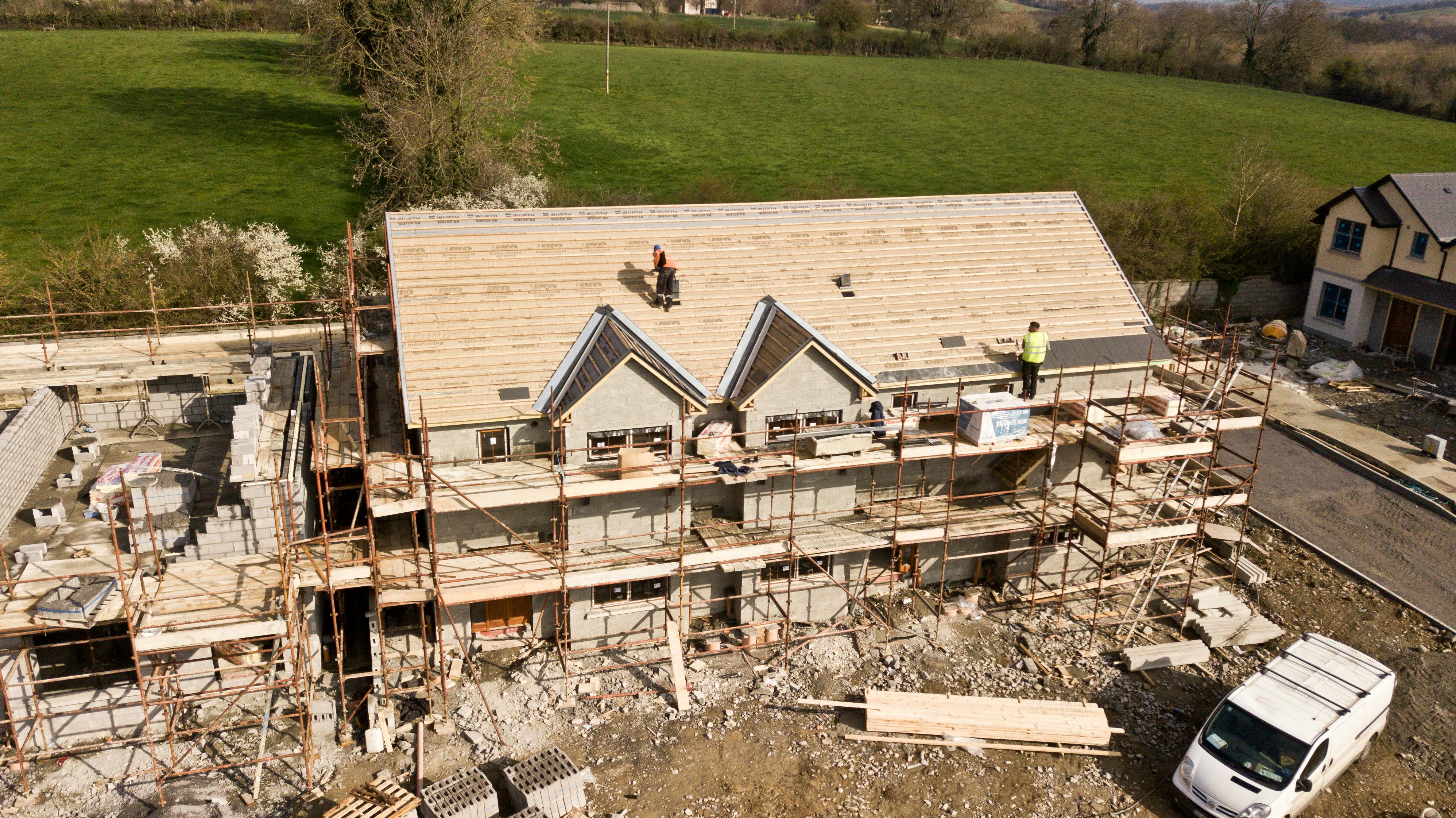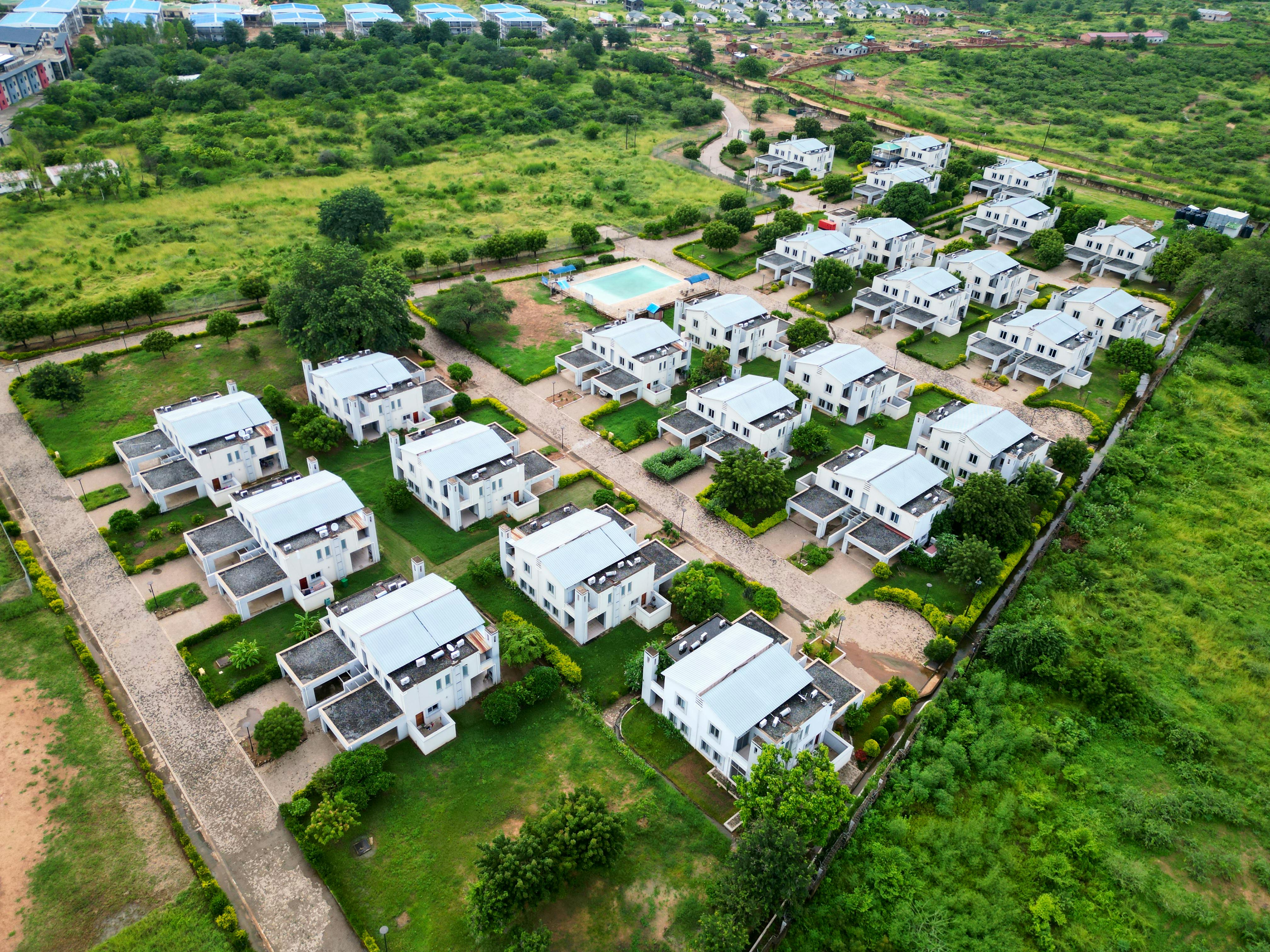Landlord Blog
Education and news for smart DIY landlords!
Custom vs. Production Homes: What’s Right for You?

When it comes to building your dream home, one of the biggest decisions you’ll face is whether to go custom or choose a production home. Both options have strong appeal—custom homes offer personalization and creative freedom, while production homes provide convenience and cost efficiency. The right choice ultimately depends on your lifestyle, budget, and how much control you want over the details. Here’s a closer look at what sets them apart and how to decide which fits you best.
Understanding Custom Homes
A custom home is built entirely around your vision. You work closely with an architect or designer to create a one-of-a-kind layout, choose your materials, and design every feature—from the foundation to the finishes. This route is ideal for people who have a specific style in mind or unique needs that standard floor plans can’t satisfy.
The biggest advantage of a custom home is flexibility. You can build on your own land, maximize natural light, add eco-friendly systems, or create special spaces like a home gym or studio. However, customization comes with trade-offs. The process takes longer, requires more decisions, and often costs more than production building. You’ll also need to coordinate closely with contractors, designers, and suppliers, which can be rewarding but also time-intensive.
Understanding Production Homes

Production homes, on the other hand, are built by developers who use a set of standardized floor plans within planned communities. Buyers choose from a range of layouts and design packages—like flooring, countertops, and paint colors—but the core structure and options are pre-set.
The biggest draw here is simplicity. Production homes are generally faster to build and more budget-friendly since developers can buy materials in bulk and streamline construction. Many come with warranties and are built in neighborhoods with shared amenities like parks, pools, and playgrounds, which adds to their value.
The trade-off is limited customization. While you can personalize certain finishes, you won’t have full control over the home’s design or structure. For many buyers, though, this predictability can be a relief rather than a limitation.
Key Factors to Consider
- Budget: Custom homes usually cost more upfront due to design fees and higher-end materials. Production homes offer predictable pricing and can help you avoid surprise expenses.
- Timeline: If you want to move in quickly, a production home is the faster route. Custom homes often take longer due to design and permitting stages.
- Location: Custom builds allow you to choose your lot anywhere, while production homes are typically limited to developer communities.
- Personalization: If having every detail tailored to your taste matters most, custom is the clear winner. If you’re content with curated choices, production offers convenience.
Conclusion
Choosing between a custom and a production home comes down to what you value more: individuality or simplicity. If you dream of a space that perfectly reflects your lifestyle and don’t mind the extra work, go custom. If you’d rather move into a beautiful, ready-to-live home with fewer decisions and a clear price tag, a production home might be your match. Either way, the best home is one that fits not just your budget—but your life.
